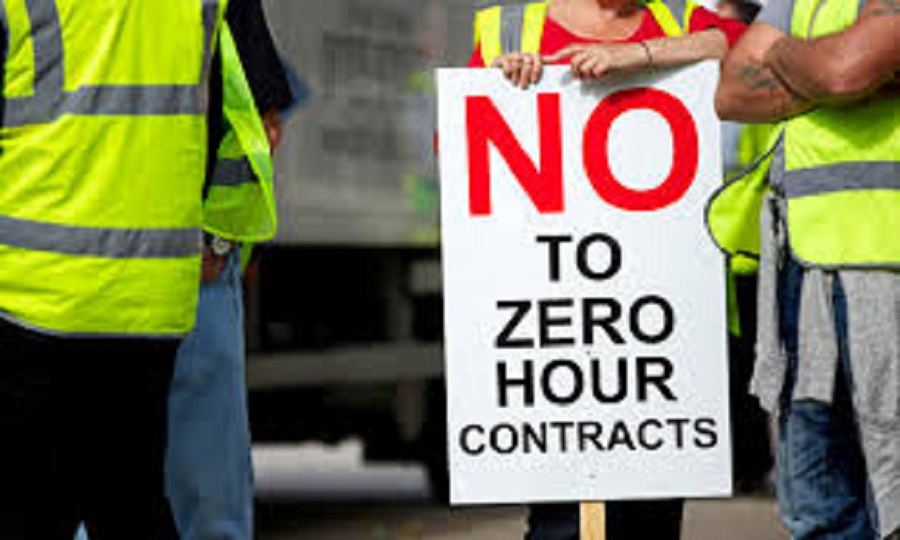
[dropcap]Social [/dropcap]media saw its latest storm when Alex Jones, a far-right political commentator and conspiracy theorist was effectively banned for breaking terms-of-service. Facebook, Twitter, YouTube and a host of other social media sites removed gigabytes of Jones’ content. Jones produced content that some described as hate-mongering. He is accused of inciting violence against numerous people and has had numerous court cases taken against him. However, his social execution is something different, it was not predicated on any legal reasoning.
Each company made a moral judgement to remove Jones’ content, effectively forcing him and his followers underground. Consequently, it is now harder for the public to monitor what politically right-wing minded people may think. Essentially, social media companies have taken the role as a moral arbiter.
Ernest Barker, an English political scientist, spoke of the potential emergence of a social parliament within society. Hypothetically, a social parliament would function, independently to the other two chambers, as a chamber that would deal with social and cultural issues. Barker warned that such a parliament should not have legislative power. While social media companies do not have the power to legislate, their terms- of-service serve the same purpose. The majority of information flow occurs on social media. Consequently, they have immense power on what speech is deemed morally acceptable.
“My big issue with [free speech] it is, no matter how harmful or abusive a statement is, the speaker of said statement gets away with it because of ‘free speech’. That’s what I don’t like about it,” said Adam Healy, Humanities and Social Sciences Faculty Representative at DCU.
Free speech is not just a right; it is the mechanism by which a democratic society functions. The exchange of ideas across the aisle allows for the maintenance and update of hierarchies. Examining personality differences across political orientation is a useful tool for this discussion. Conservatives tend to be higher in personality trait conscientiousness and low in trait openness-to-experience. Liberals tend towards the reverse. Conscientious people are orderly and careful. Open people are inclusive and open to difference.
Consequently, liberals like less borders as this allows for a freer flow of information. Conversely, conservatives prefer maintaining borders as it allows for a more efficient ordering of society. The collaborative process of free speech allows both sides to determine if a particular hierarchy is functioning. Only 70% of American adults under 30 believe it is never justified to use violence to pursue political goals, compared to roughly 90 per cent of seniors, according to the American National Election Studies.
“A campus culture devoted to policing speech and punishing speakers is likely to engender patterns of thought that are surprisingly similar to those long identified by cognitive behavioural therapists as causes of depression and anxiety,” said NYU psychologist Jonathan Haidt and FIRE president Greg Lukianoff in their essay ‘The Coddling of the American Mind’.
Although freedom of expression is crucial, it is debatable whether or not social media companies should have a right in removing online content; and this is a debate that is sure to progress.
David Kelly
Image credit: featurescreditindustrybuzz.com



